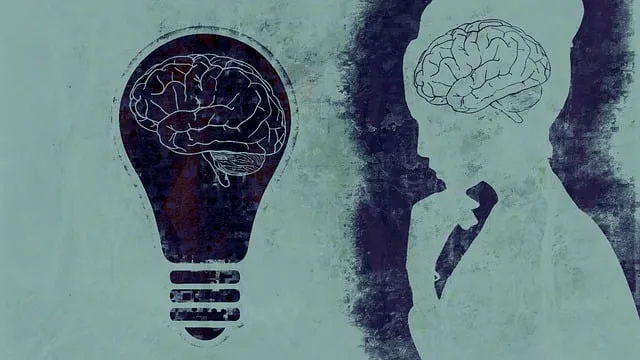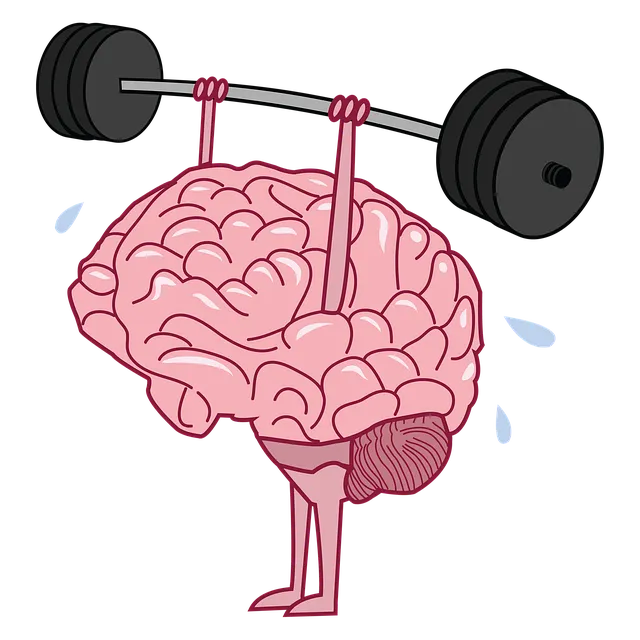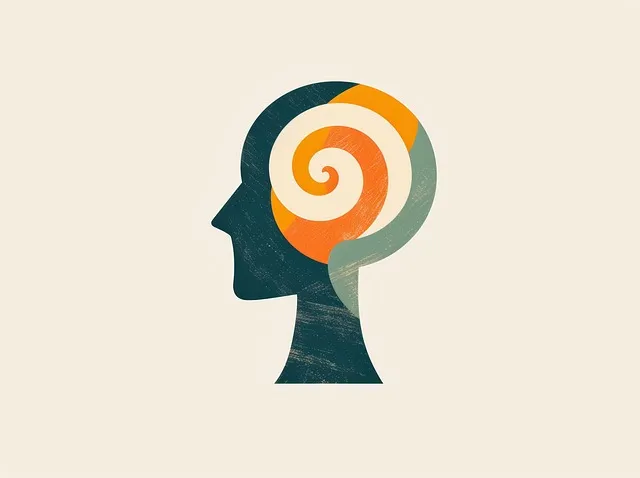Mental wellness journaling, facilitated by resources from the Boulder Kaiser Permanente mental health department, is a powerful tool for self-reflection and personal growth. By writing regularly about thoughts, emotions, and experiences, individuals can enhance mood management, track progress, cultivate resilience, and improve relationships through better communication. Creating a peaceful journaling space at home and setting aside dedicated time each week is essential. Capturing raw thoughts and feelings daily, with prompts like "What made me feel most at ease today?", helps uncover insights over time. Consistency, emphasizing 10-15 minutes daily, is crucial for improved mental wellness, supported by the department's proven track record. Community outreach programs with journaling workshops further enhance this process, fostering growth and peer support.
“Unwind your mind and embark on a journey of self-discovery through the powerful practice of mental wellness journaling. This article, guided by the insights of the Boulder Kaiser Permanente mental health department, explores how this simple yet effective tool can revolutionize your emotional wellbeing. From understanding its benefits to setting up a dedicated space, we’ll equip you with strategies to capture and process thoughts, fostering a healthier mind. Discover tips from experts to seamlessly integrate journaling into your daily routine.”
- Understanding Mental Wellness Journaling: A Personal Journey
- Benefits of Journaling for Emotional Wellbeing
- Setting Up Your Journaling Space and Routine
- Effective Techniques for Capturing Thoughts and Feelings
- Integrating Journaling into Daily Life: Tips from Kaiser Permanente's Mental Health Department
Understanding Mental Wellness Journaling: A Personal Journey
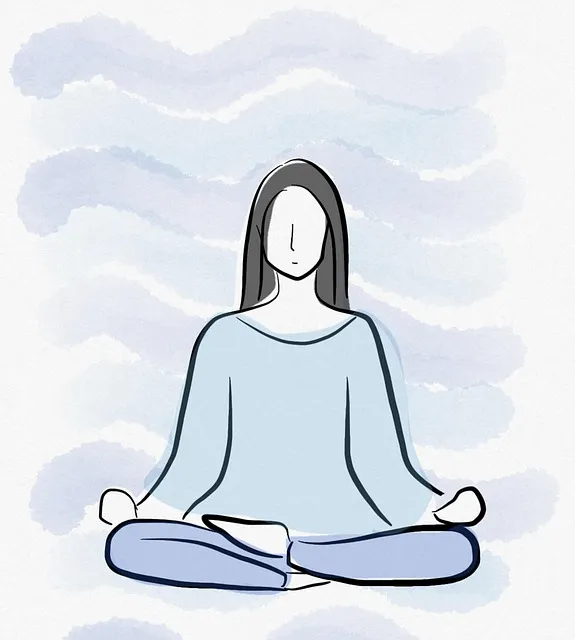
Mental wellness journaling is a powerful tool for self-reflection and personal growth. It’s a space where individuals can explore their thoughts, emotions, and experiences in a safe and private manner. Similar to how some folks find solace in sharing their day-to-day through written words, journaling allows one to navigate and understand their mental health journey. This practice encourages introspection, fostering a deeper connection with oneself, and promoting positive thinking.
The Boulder Kaiser Permanente mental health department offers resources and support for those interested in mental wellness coaching programs development. By integrating regular writing into your routine, you can enhance mood management skills and gain valuable insights. It’s not just about recording challenges; it’s also a means to celebrate victories, track progress, and cultivate resilience. This personal journey of self-discovery through journaling can be transformative, empowering individuals to take charge of their mental wellness.
Benefits of Journaling for Emotional Wellbeing
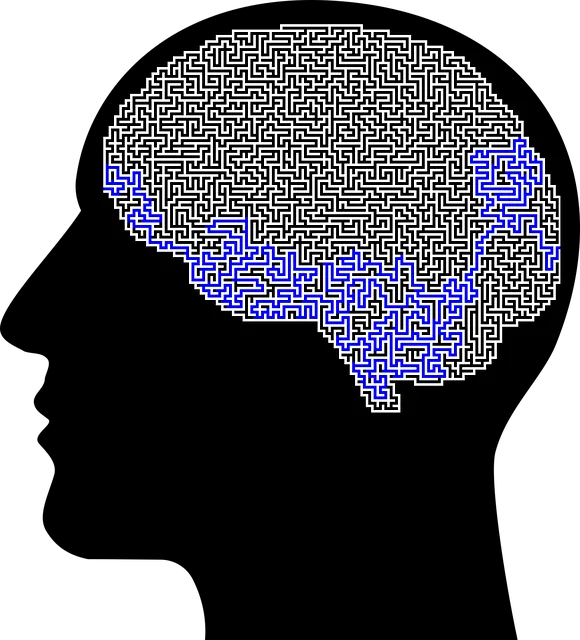
Journaling is a powerful tool for emotional wellbeing, offering individuals a safe space to explore and express their thoughts and feelings. For those seeking support from the Boulder Kaiser Permanente mental health department, incorporating regular journaling practices can be incredibly beneficial. This simple yet effective activity allows people to gain clarity on their emotions, identify patterns in their thinking, and develop a deeper understanding of themselves. By putting pen to paper, individuals can release built-up tension, process challenging experiences, and cultivate self-awareness – all crucial aspects of maintaining good mental health.
Beyond its therapeutic effects, journaling can serve as an invaluable resource for conflict resolution techniques. It encourages individuals to approach their emotions with curiosity rather than reaction, fostering healthier relationships through improved communication. Moreover, engaging in this practice can inspire creativity and spark ideas for personal growth initiatives, contributing to the development of successful mental wellness coaching programs.
Setting Up Your Journaling Space and Routine

Creating a dedicated journaling space can significantly enhance your mental wellness journey. Start by finding a quiet area where you feel comfortable and inspired; this could be a cozy corner of your bedroom, a peaceful garden spot, or even a specific desk in your home office. Ensure your space is clutter-free and organized to promote a sense of calm and clarity. Consider adding personal touches like candles, plants, or motivational quotes to make it truly yours.
Establishing a consistent journaling routine is just as vital. Many find success with daily or weekly commitments, depending on their schedule and preferences. For example, you might choose to journal right after waking up to set an intention for the day or before bed to reflect on the experiences and emotions of your evening. The Boulder Kaiser Permanente mental health department recommends setting aside dedicated time each week to connect with yourself through this practice, especially if you’re seeking Anxiety Relief or exploring Conflict Resolution Techniques as part of Compassion Cultivation Practices.
Effective Techniques for Capturing Thoughts and Feelings

Capturing thoughts and feelings is a crucial step in any journaling exercise, especially when prioritizing mental wellness. At Boulder Kaiser Permanente’s mental health department, professionals advocate for mindful reflection as a powerful tool for self-discovery. Start by allocating dedicated time each day for journaling—even just 15 minutes can make a significant difference. During this time, let your thoughts flow freely without judgment; write down whatever comes to mind, whether it’s a fleeting emotion, a memorable event, or a recurring worry.
Incorporate effective techniques like writing prompts to guide your reflection. For instance, consider questions like “What made me feel most at ease today?” or “What conflicts did I face and how did I resolve them?” The goal is not to edit or analyze as you write but to capture the raw essence of your experiences. Over time, revisiting these entries can provide valuable insights into patterns of thinking and feeling, fostering resilience-building and positive thinking.
Integrating Journaling into Daily Life: Tips from Kaiser Permanente's Mental Health Department

Integrating journaling into your daily routine can be a powerful tool for mental wellness, as recommended by the Mental Health Department at Boulder Kaiser Permanente. Start by setting aside just 10-15 minutes each day to write about your thoughts and feelings. Consistency is key; try to make it a habit, much like brushing your teeth. The team suggests keeping a journal by your bedside or using dedicated mental wellness coaching programs to ensure you have the time and space for this practice.
They also emphasize the importance of self-reflection and exploring your inner strength through writing. By reflecting on your experiences, you can gain valuable insights and develop strategies to manage stress and emotions effectively. Additionally, consider joining a community outreach program implementation where journaling workshops are offered, fostering a supportive environment for sharing and growth alongside peers.
Mental wellness journaling can be a powerful tool for self-care, offering numerous benefits highlighted by the Boulder Kaiser Permanente mental health department. By dedicating time to reflect and capture thoughts and feelings, individuals can improve emotional wellbeing and navigate life’s challenges with increased resilience. Incorporating this simple yet effective practice into daily routines can lead to profound personal growth and enhanced overall mental wellness. Whether you’re a seasoned journaler or just starting, the guidance provided by the Boulder Kaiser Permanente mental health department offers valuable insights for maximizing the benefits of this transformative exercise.
